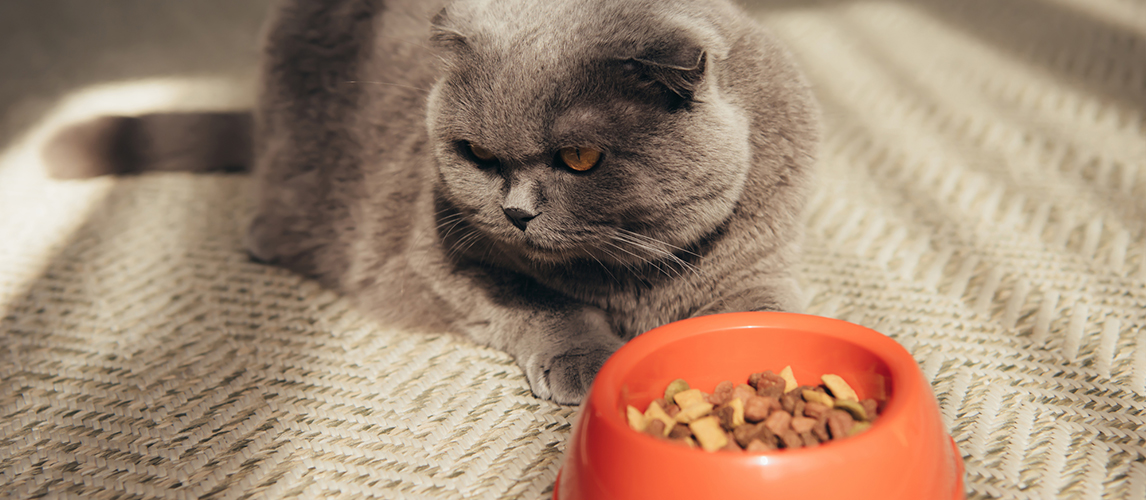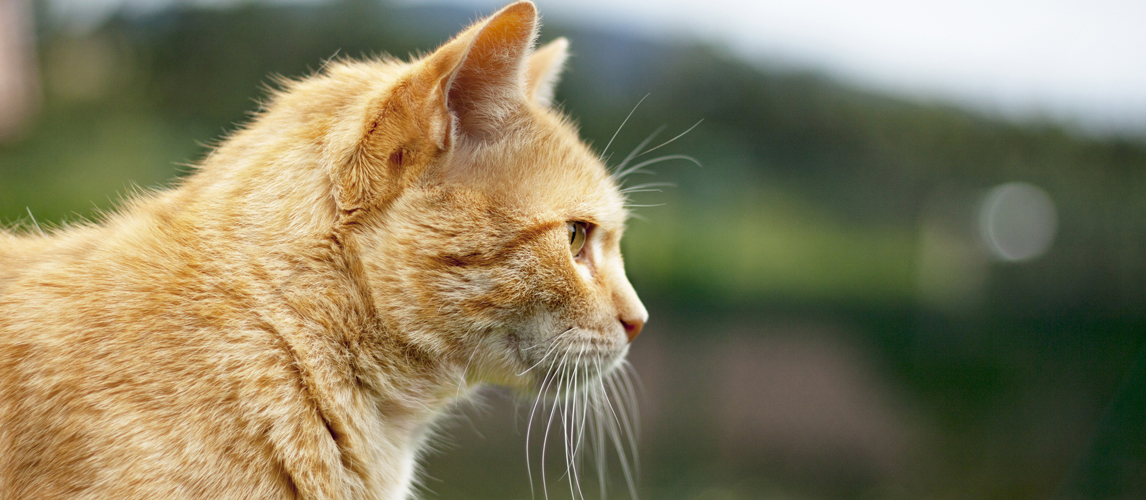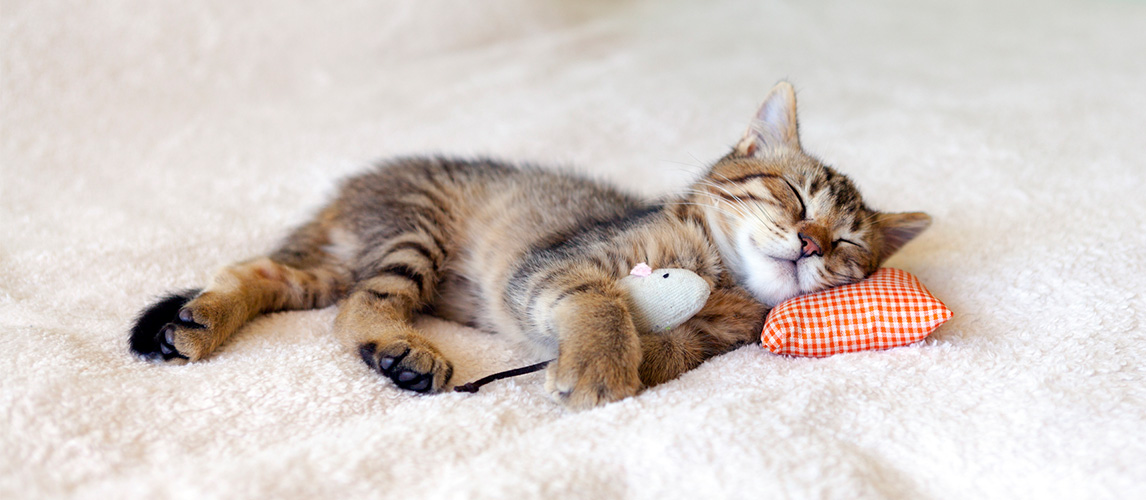A senior cat – is that even a thing? To you, your kitty cat is and will always remain the same old cute little fluff the first time you adopted him or her. So, when exactly does a cat become a senior?
Usually, cats who are more than 7 – 10 years of age, they are the ones considered as seniors.
It’s no surprise that as your cat ages, they are likely to start having different needs than before. For instance, studies have shown that 90 percent of the cats over the age of 12 years were noted to have arthritis. Of course, your cat may also develop gout, thus resulting in similar mobility problems as arthritis. But how can you be sure which is which? Especially with your aging and ailing cat, when should you even start to worry?
Read on to find out how you can care for your senior cat.
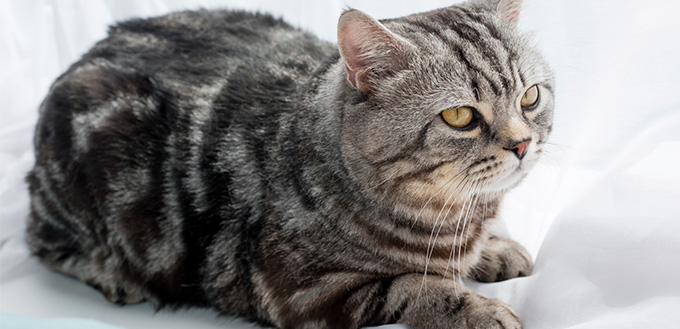
1. Schedule Frequent Wellness Check-ups
When your cat is still young and healthy, start the process of developing a good rapport with your vet. By doing so, you will get to detect any subtle changes in your cat that indicates a health condition before it’s too late. Cats are required to visit their vet more often as they get old. Normally, it’s about once every 6 months, even if you think that your cat is doing totally fine and healthy.
Do take note that animals age differently than us. 6 months in your cat’s life is equivalent to 2 years for a person and a lot can change in that amount of time.
2. Set up Your Senior Cat for Success at the Vet
Without your knowledge, your cat becomes very stressed when she’s put into the carrier for being taken outside. So, what you need to do is, make the cat carrier cozy and soft with familiar bedding. This would make it a lot easier for you to take your cat to the vet.
Once you arrive at the vet, ask if there’s a particular waiting area for cats only. That’s because, your cat may not be comfortable waiting with other pets, especially when there are other dogs barking or birds chirping – it makes an older cat anxious.
To stay ahead of the problem, prepare a list of questions that you feel you need to ask your vet during the consultation time or discuss any changes you see in your pet cat with your vet. It will help you get an idea about your cat’s health condition.
3. Learn Your Habits and Pay Close Attention to Any Changes
Cats are pundits at hiding their illness. Their signs of any disease are very subtle that you could easily miss. If you notice even the slightest difference in their behavior such as, hiding too often or sleeping more than usual, don’t overlook! Speak about it to your vet. Perhaps, these are the small signs of telling you about something more significant.
You can even go an extra mile and keep a diary to record all of their activities; or even better, download an app. When you go to the vet, tell them about it. You know your cat’s routine better than anyone ever could.
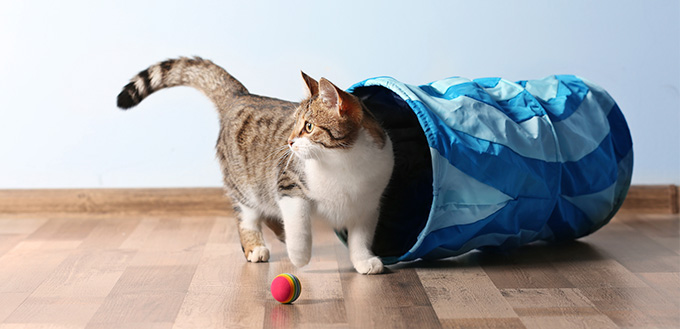
4. Take note of Your Cat’s Changes in Weight
Weight loss and weight gain speak a lot about your cat’s health and thus requires a trip to the vet. While weight gain in your senior cat tells you that they have got a chronic disease and may shorten their life span, weight loss is an entirely different story.
Related Post: Best Cat Food for Weight Loss
Weight loss could mean that they may have diseases like an intestinal infection, diabetes, hyperthyroidism and so on. Moderate changes in your cat’s weight may be hard to notice, but we’re sure you pick up your cat at least a hundred (not literally) times a day. So, you will feel any changes in their weight in your arms. Remember that even the slightest shift in weight could be helpful for your vet to examine something important.
Related Post: Best Cat Food for Older Cats
5. They are Not Just Slowing Down
If your cat slows down, it could mean that they are in some pain or discomfort. Older cats often suffer from degenerative joint disease and arthritis that is quite common. With proper treatment at the right time, they can still remain active and do well in the upcoming years. However, if you notice that your cat has been a little too weird and does not jump or use the litter box just, as usual, speak to your vet about it!
6. Look at Your Scoop
Does your cat defecate on a regular basis? Is her stool softer or has a different color? Well, constipation and dehydration are quite common for older cats. So, if you look for these signs and attend them early, chances are that your holistic vet will make your kitty feel better again. Also, is there been any changes in the urine in the litter box? Increased urine output could indicate that your cat may be suffering from diabetes or an overly active thyroid gland, or even worse kidney disease and high blood pressure.
You May Also Like: Cat Food for Constipation and Cat Food for Kidney Disease
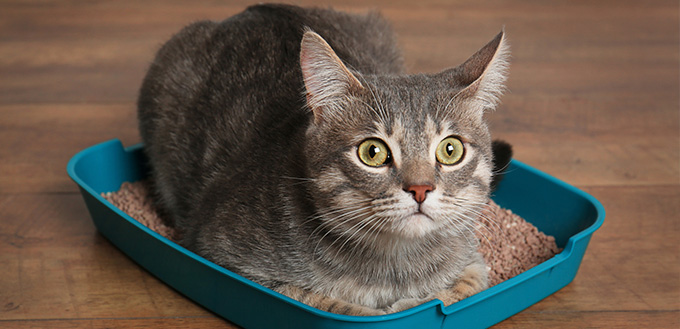
7. Take a “Cat’s Eye View” to the Litter Box
When your cat starts growing old, they become a kitten again. Not literally a kitten, but the kitty habits start appearing again. They may start having accidents around the house or would miss the litter box to pee inside it. But that doesn’t mean that they are doing it on purpose, it just means that they may be having an underlying medical issue.
Arthritis, constipation, urinary infections and muscle weakness are all probable reasons why older cats develop litter box issues. So, your vet will help you evaluate any medical conditions or environmental concerns that are contributing to your cat’s behavior.
If your older cat has trouble reaching the litter box (stairs could be particularly hard for them), make sure that it is placed somewhere that’s easy for them to reach.
Related Post: Best Cat Litter
8. Understand That Your Cats Needs Change Overtime
As we’ve already mentioned before, your cat’s needs change over time. Therefore, you’ll need to keep an eye on that and make adjustments to your household accordingly. Older cats become fragile. They need extra padding, warmth and comfort in their bedding and favorite spots. Make their beddings and preferred resting spots easily accessible by placing stools, ramps and other assisting tools.
Related Post: Best Cat Beds
9. Enjoy the Special Bond with Your Cat
Bonds with older cats are extraordinary. Both of you have grown old together, and there’s nothing better than this. Like kittens crave for food, cat toys and other stimulation, elderly cats require more attention and love from their human. Keep providing them with mental and physical stimulation by playing, petting and interacting with them in special ways. Brush and comb them more often if they are unable to groom themselves.
Related Post: Best Brush For Cats
Also, remember to trim their nails frequently just so it doesn’t overgrow and scratch themselves to an infection point. Older arthritic cats grow nails that develop into paw pads, which by the way, can be very painful.
Related Post: Best Cat Scratching Towers
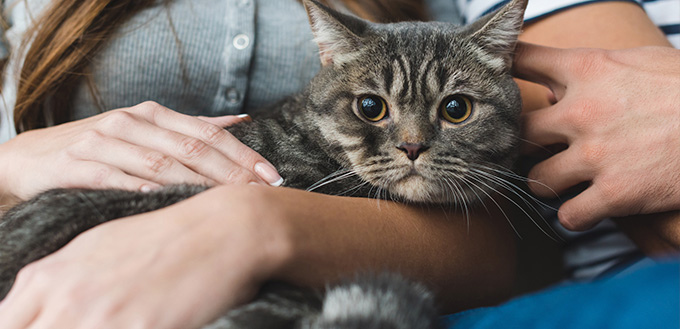
Related Post: Best Cat Toothpaste
10. Take Care of Your Cat’s Oral Hygiene
Cat’s oral hygiene is extremely important. It may sound like a silly idea that your cat’s oral health can enrich their lives as they grow old, but it really does. A healthy mouth could be the foundation of a healthy life. If you cannot brush your cat’s teeth, consider cleaning it with dental treats.
Related Post: Best Cat Toothbrush
The Best Cat Food for Older Cats
Just the way kittens need to be fed and nourished differently; similarly, older cats also require a different type of diet. Note that we are talking about meeting unique needs, not food packs specifically designed for senior cats. Hence, here’s what senior cats need out of their food:
- High-quality Protein
Protein is one of the most essential features in your cat’s diet, and it’s doubly important in the case of senior cats.
Again, note that we are talking about the quality of the protein, not the amount of it. High-quality protein means that your cat is likely to be fit, healthy and skinny all at the same time. It may sound surprising, but cats above the age of 10 – 12 years requires an increase in calories and protein in their diet. As you already know that cats were not made to consume plants, so a meat protein is highly digestible and nourishing. There’s no fear when offering meat to your cat.
- Kidney Health Support
Kidney problems in cats are fatal. It’s really important for you to keep your cat’s kidneys healthy. And whenever we think of kidneys, the apparent answer to keep them healthy is plain water.
Since cats don’t drink too much by themselves, you need to make sure that the food that they consume is moisturized enough. To keep things simple, just feed your cat raw or canned food, which is said to contain 70% water-based content.
Related Post: Best Wet Cat Food
One more thing that we would highlight is that biologically inappropriate foods are an excess burden to your cat’s kidneys. Feed food that your cat’s body can quickly assimilate. Perfect examples of these foods are fruits, vegetables, grains and legumes.
- Easy-to-eat
Remember we mentioned how older cats and their teeth become fragile. Dental problems could also stem from chewing challenging foods. Therefore, choose foods that are moist, soft and easy to easy to consume for your cat.
- Ultra-Palatable
Your older cat is not the kitty he or she used to be. If you can recall how anxiously your kitty would sniff and swallow any food that you would have to offer, now you will see that your older cat has lost interest in food overall. You need to make the food interesting. Interesting in the sense that the food must have a strong aroma and is somewhat warm and moist that induces your senior cat to take in the diet. In addition to that, you can also sprinkle some bonito flakes or splash a little amount of bone broth to make it appealing to your cat.
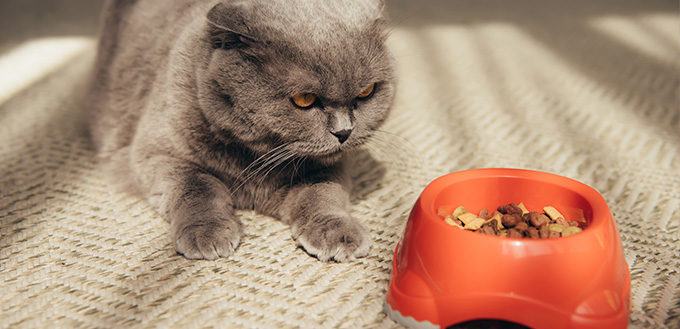
Your Role as The Care Giver of a Senior Cat
Your biggest role is taking note of their behaviors and habits. Their needs will change over the years, but their basic needs such as social interaction and environment will need to be assessed carefully. Plus, you also need to consider the fact whether your cat stays indoors or outdoors and work accordingly when he becomes old.
All in all, in, parents of senior cats need to be responsible for the following things:
- Make sure that your cat has access to food, water and bed at their ease.
- Adjust the physically challenging areas with stools and ramps so that they can reach.
- A regular visit to the vet.
- Medicine dispensary.
- Lifestyle accommodations.
Understand the fact that you have to pay a little more attention to your senior cat than your notorious kitty, who’s probably doing just fine! And if even the slightest issue arises, address it to your vet so that you can get proper guidance and insights on how to deal with a certain problem.
Ensure that your cat enjoys his or her transition into the elderly years. And also make sure that you create enough memories with your cat for the rest of your life.
End of Life Decisions for Your Cat
You know how to make sure that your cat is safe and healthy all throughout his life? The answer is, partnering with your vet. This is how you can make final decisions about your cat much gently. We understand how difficult it can be when it comes to an end of life decisions for your cat and that’s why we have come up with a handful of tips to care for your senior cat.
You must have lived with your cat for at least a decade now, and it’s a really strong bond that should be taken seriously. So, smile that your cat came into your life, rather than crying over the fact that he’s already old and in his final years.
Share your funny cat stories with us! We’ll love to hear about them.
Sources:
- Loving Care for Older Cats, Cornell University College of Veterinary Medicine
- Krista Williams, BSc, DVM, Senior Cat Care – Special Considerations, VCA Hospitals
Note: The advice provided in this post is intended for informational purposes and does not constitute medical advice regarding pets. For an accurate diagnosis of your pet's condition, please make an appointment with your vet.



